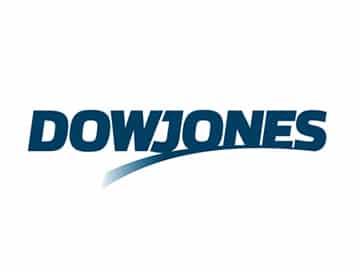Light-emitting diode company Solais Lighting, LLC, said late Monday it raised $2.3 million in a Series A round of capital that will be used to expand development and hire employees.The company, based in Bridgeport, Conn., said the investment round was led by Tim Davis, managing director of FreshTracks Capital, and Will Cowen, managing partner of Long River Ventures, who both joined the Solais board of directors. In addition, eight unnamed angel investors participated in the round.FreshTracks, based in a Shelburne, Vt., is a fund that manages $25 million in venture capital, Long River, out of Hadley, Mass., invests in seed and early-stage companies in technology and healthcare, managing $50 million in capital, according to the firms’ websites.James Leahy, president of Solais Lighting, said in an interview with Clean Technology Insight that the company plans to launch its first products in March. Solais is in the process of getting certified under accepted industry standards for quality.It will also hire three or four employees, adding to its current staff of five. The company was founded in 2008. Leahy was previously chief executive officer and president of lighting distribution company Wiedenbach-Brown Co.According to Leahy, Solais plans to release two LED spotlights: a par 38, which will consume 24 watts and will approximately replace a 100-watt incandescent light; and a par 30, which will consume 18 watts and will approximately replace a 70-watt incandescent light.Leahy said his company designs the light, including the power supply and heat management, which is critical to LED lights. Solais purchases the LEDs, or the light engines, from chip-maker Cree, Inc., based in Durham, N.C.Solais is talking with distribution partners, but no formal distribution agreement has yet been signed. Leahy said he doesn’t know how much Solais will charge for its lights; currently, LED lights generally sell for significantly more than comparable incandescents and compact fluorescent lights but manufacturers are rapidly working to bring down costs.According to the U.S. Department of Energy, LEDs are about 10 times more energy-efficient than incandescent lights. However, the quality of the LED product depends not only on the efficiency of the light source, but on the design of the entire light.
